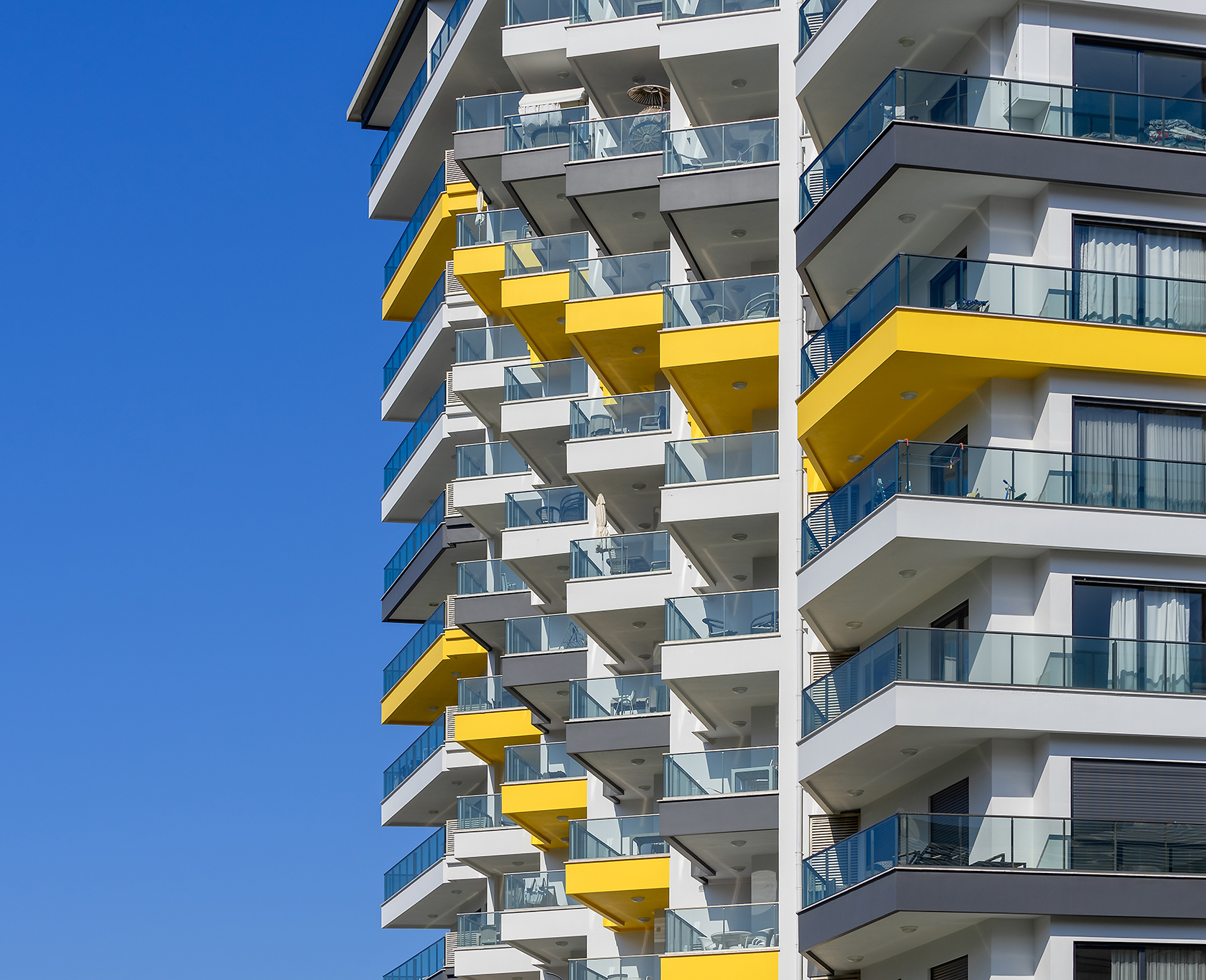The Benefits of Purchasing an HOA Condo
The Benefits of Purchasing an HOA Condo
Blog Article
The Function of an HOA in Developing and Enforcing Community Standards for Citizens
The role of a Homeowners Association (HOA) in applying and developing neighborhood standards is basic to maintaining a orderly and natural residential setting. By creating clear guidelines that govern aspects such as residential or commercial property maintenance and area conduct, the HOA not only sets standards for residents but additionally promotes a sense of belonging and liability.
Comprehending Property Owners Organizations
Homeowners associations (HOAs) function as regulating bodies for property areas, playing an essential role in maintaining residential or commercial property values and cultivating a sense of area. Commonly developed by developers, HOAs are made up of house owners within a designated location that elect a board to manage the organization's tasks. The main functions of an HOA consist of imposing area regulations, managing typical locations, and organizing neighborhood events.
HOAs run under a set of governing documents, consisting of commitments, limitations, and problems (CC&R s), which lay out the rights and duties of property owners. These laws aim to guarantee that homes are kept to a particular criterion, therefore protecting the aesthetic appeal and general worth of the neighborhood. In addition, HOAs frequently gather fees from house owners to fund upkeep, landscape design, and other social work.
The presence of an HOA can significantly influence the living experience within a neighborhood (hoa condo). While some citizens value the organized atmosphere and features offered, others might locate particular regulations restrictive. Stabilizing the rate of interests of all homeowners is crucial for an HOA to operate successfully, making sure that it serves its desired function of improving area living while appreciating individual property owner legal rights
Developing Area Standards

To start, an HOA must perform surveys or hold meetings that permit locals to voice their suggestions and concerns. This participatory process fosters a feeling of ownership and raises conformity. Next, the HOA board must examine the responses to determine typical themes and priorities that require formal inclusion in the guidelines.
It is also vital to make certain that the guidelines are clear, succinct, and conveniently comprehended. Uncertainties can bring about misconceptions and conflicts, undermining the function of the standards. The standards must be thorough, covering different elements of community living, consisting of residential property maintenance, sound levels, and use of usual locations.
Enforcement of Rules
Reliable enforcement of community regulations is important for maintaining order and making sure that all citizens stick to the developed guidelines. An HOA has to execute a structured strategy to enforce these Look At This guidelines, which commonly includes a combination of monitoring, interaction, and penalties for non-compliance.
First, normal assessments and neighborhood patrols can aid identify infractions, ensuring that rules are regularly applied throughout the neighborhood. This positive tracking permits the HOA to attend to problems before they rise, fostering a sense of accountability among locals.
2nd, clear interaction is crucial. Locals need to be notified of the guidelines and the treatments for reporting violations. An open line of interaction urges homeowners to voice concerns and seek information on standards, which can boost compliance.
Finally, when offenses happen, the HOA should enforce consequences as laid out in the governing files. By efficiently imposing rules, an HOA can grow a harmonious living atmosphere that reflects the cumulative worths of its locals.
Advantages of HOA Rules
Many advantages develop from the application of HOA regulations, which offer to boost the lifestyle within a neighborhood. One primary advantage is the upkeep of residential property worths. By enforcing requirements for aesthetics and upkeep, HOAs ensure that homes and typical areas remain appealing, fostering a desirable living environment that can lead to enhanced property worths gradually.
Furthermore, HOA regulations advertise uniformity and uniformity within the area. This comprehensibility in design and upkeep assists to produce a feeling of belonging amongst residents, adding to community pride and a positive environment. Established guidelines help with conflict resolution amongst next-door neighbors by providing clear assumptions and procedures for habits, therefore minimizing disputes.
Another significant advantage is the arrangement of common facilities and solutions. Many HOAs manage community centers such as clubhouses, swimming pools, and parks, which improve leisure chances for locals. These amenities not only improve the high quality of life yet additionally urge social interaction.
Eventually, the guidelines set forth by an HOA grow a well-organized, unified neighborhood, making sure that citizens appreciate a high criterion of living while cultivating an encouraging environment for all house owners.
Usual Difficulties Encountered by HOAs
Among the benefits that property owners organizations (HOAs) can give, they likewise encounter a range of obstacles that can prevent their effectiveness. One significant issue is the absence of resident engagement. Lots of homeowners might not take part in conferences or community tasks, causing a separate between the HOA board and locals. This disengagement can result in misconceptions about neighborhood standards and an absence of support for enforcement initiatives.
Conflicts can develop when locals really feel that enforcement is irregular or biased, possibly leading to top article problems within the area. In addition, HOAs typically face monetary restraints, which can restrict their capacity to keep typical locations or fund neighborhood jobs.
Furthermore, browsing lawful intricacies can be intimidating for HOAs. Changing demographics and developing community needs call for HOAs to adjust their guidelines, usually fulfilling resistance from enduring citizens who are accustomed to typical standards.
Conclusion

By formulating clear policies pop over to this web-site that govern facets such as building maintenance and neighborhood conduct, the HOA not just establishes standards for residents but likewise fosters a sense of belonging and accountability.Homeowners associations (HOAs) offer as controling bodies for domestic neighborhoods, playing a vital role in preserving residential or commercial property worths and cultivating a feeling of community. Lots of house owners may not take part in conferences or area activities, leading to a detach between the HOA board and homeowners. Altering demographics and progressing area needs require HOAs to adjust their guidelines, usually meeting resistance from long-lasting homeowners that are accustomed to traditional standards. Via the growth of clear laws and regular enforcement, HOAs promote home upkeep, community pride, and trust amongst residents.
Report this page